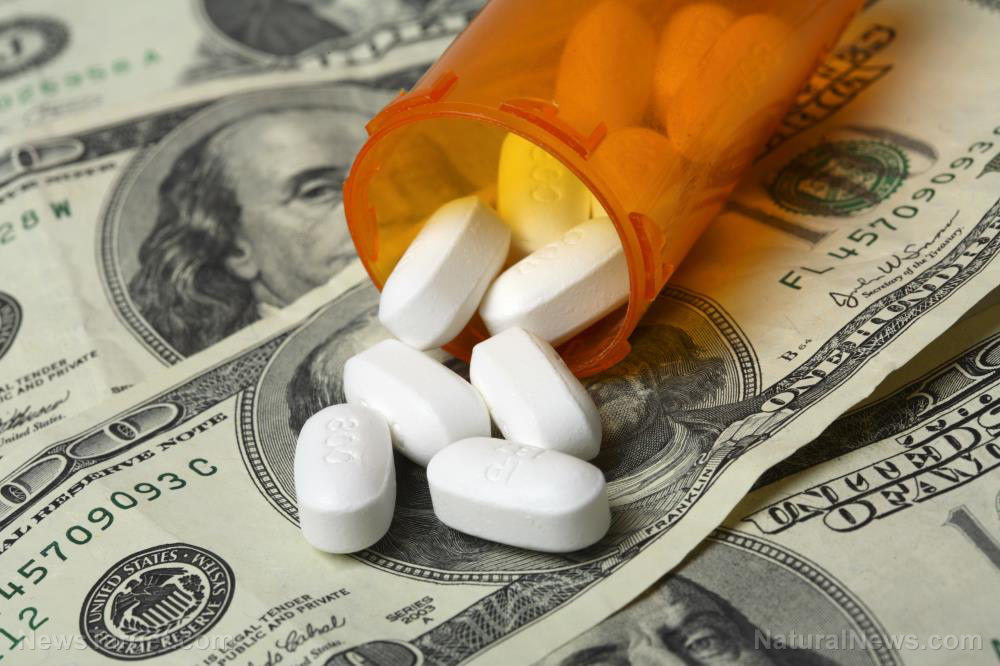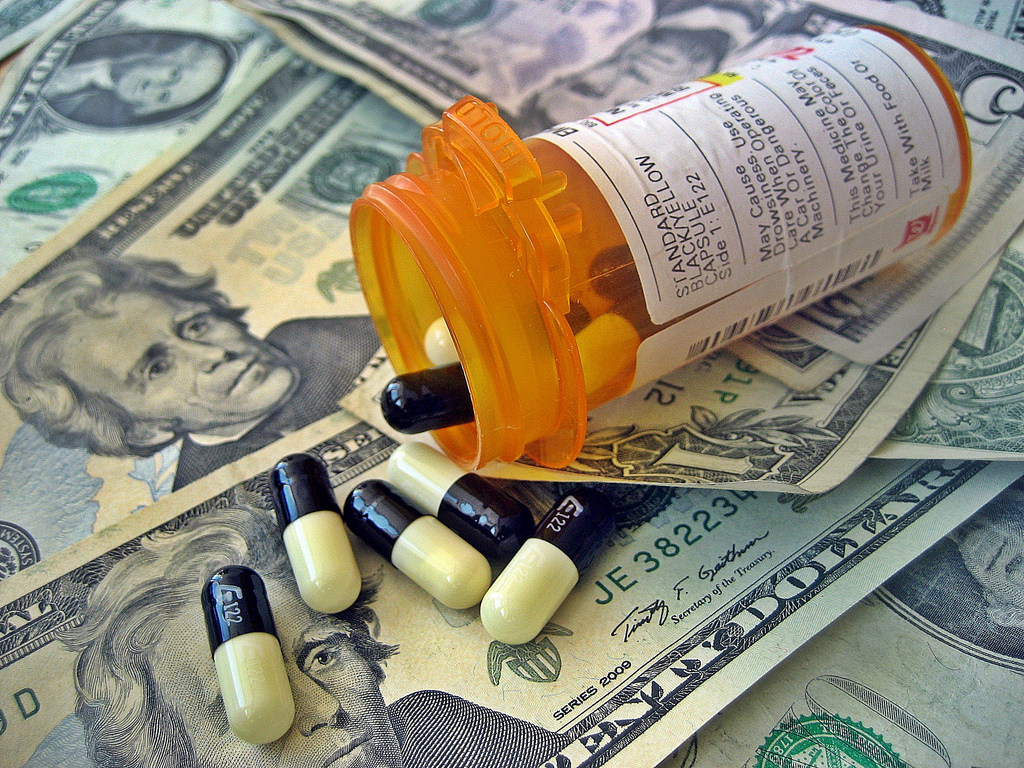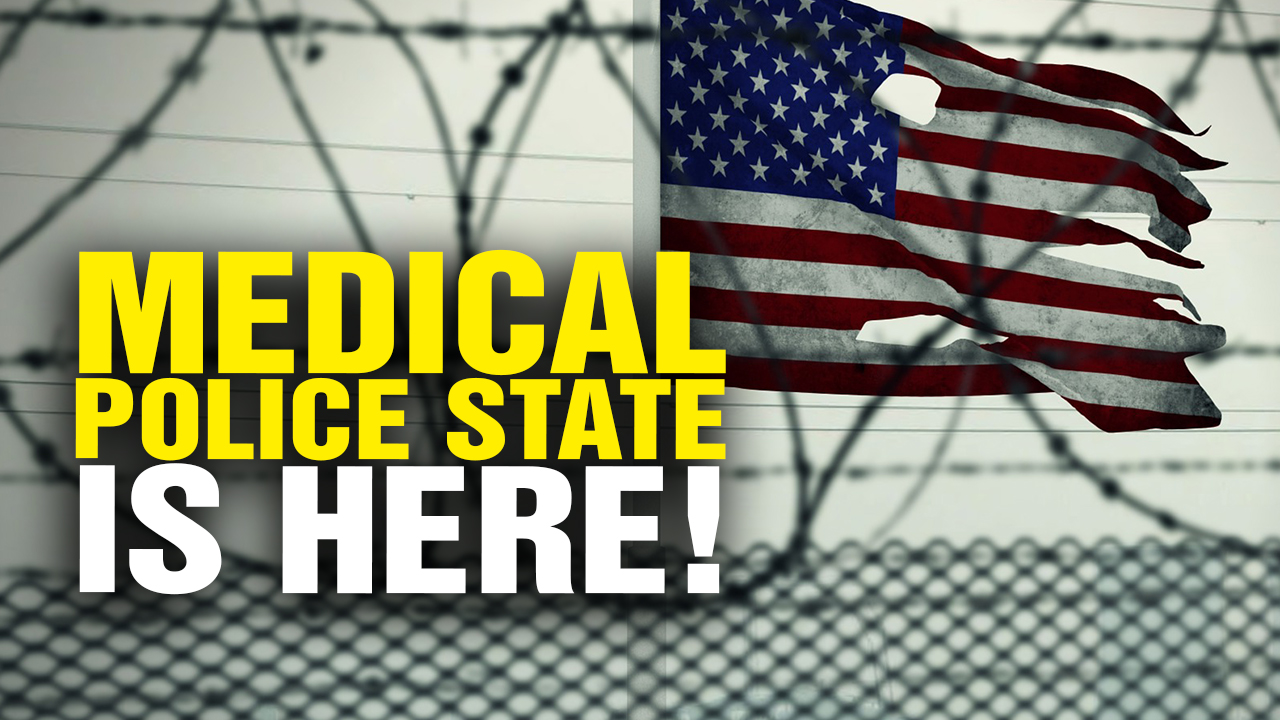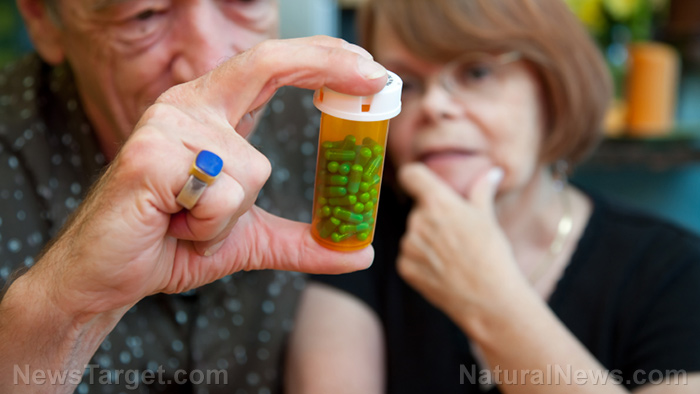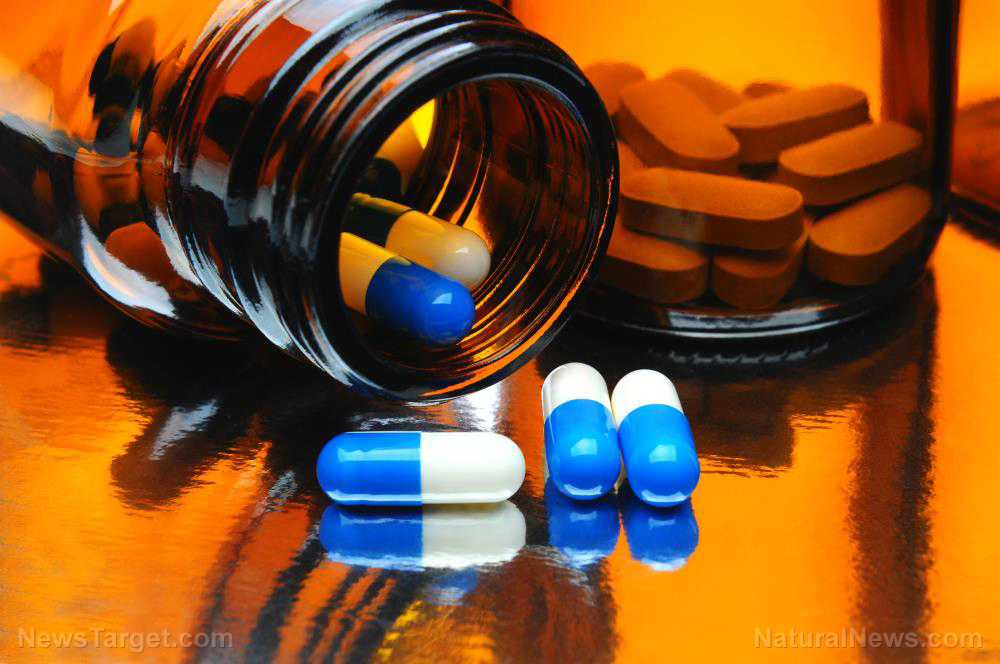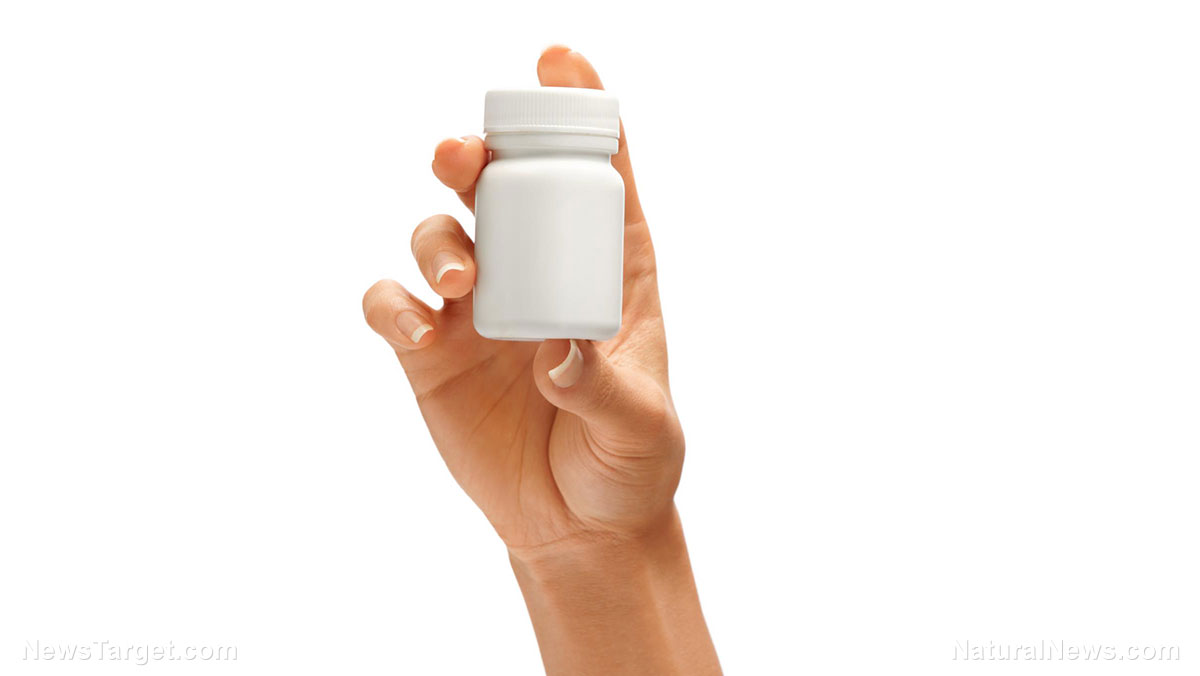Exposing the junk science behind the mental health racket: A look at the hoax behind the toxic medicines used to treat “mental disorders”
01/29/2018 / By Isabelle Z.
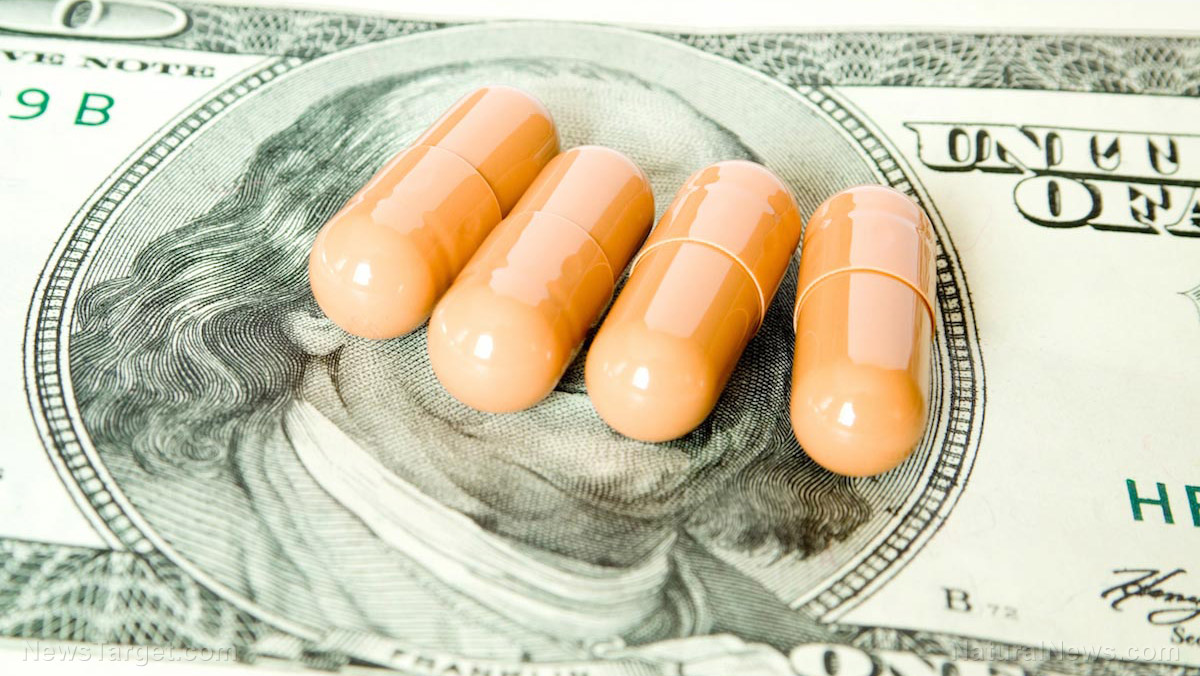
Psychiatry might sound like a science, but it’s not quite as cut and dried as other areas of medicine, and that’s something you might want to think about before blindly accepting any psychiatric diagnoses a doctor gives you – and especially before you start taking any psychiatric medications.
Mental disorders can be quite subjective, after all. They can’t be diagnosed via blood tests or urine tests like other illnesses, for example. Instead, it’s entirely up to the discretion of the psychiatrist, who is supposed to use The Diagnostic and Statistical Manual of Mental Disorders (DSM) – written by fellow psychiatrists – as a guide.
There are already around 300 mental disorders, and Big Pharma has gotten quite adept at coming up with toxic drugs to treat all of them. They are also front and center in the effort to create more mental health categories and therefore expand their business.
Indeed, this has been happening for quite some time, with the definitions of illnesses like attention deficit hyperactivity disorder (ADHD) and bipolar being expanded so that more people would fall under the categories and, by extension, be convinced they need “treatment.”
Unlike other medical specialties, psychiatry can essentially concoct illnesses and relax their criteria as it sees fit, expanding diagnoses until they apply to nearly everyone. In other words, organized psychiatry can vote illnesses into existing unchecked, as Dr. Philip Hickey points out in Behaviorism and Mental Health.
Even the FDA has admitted that psychiatry is based on a consensus among those in the profession instead of provable science. In a letter sent by FDA Consumer Safety Officer Donald Dobbs to Health Canada, the Canadian FDA equivalent, he writes:
“Psychiatric disorders (as Health Canada refers) are diagnosed based on a patient’s presentation of symptoms that the larger psychiatric community has come to accept as real and responsive to treatment.”
So the notion of a chemical imbalance in the brain is just that – a notion. There is no established level of chemicals to signify a brain is balanced, so how can it be said that a person has a chemical imbalance? Yet people believe this idea by and large and go along with what their doctors say. But think about this for a moment: Would you accept a diagnosis of cancer or HIV without a test just because your doctor believed you had it and start taking dangerous meds to treat it?
It’s pretty scary to think that a profession could be powerful enough to convince people they need medications that could kill them, testify about a person’s mental state in court, or even have them placed in a psych ward lockdown on the basis of something that is simply speculative.
If you don’t have a chemical imbalance, you don’t need chemicals
All this is not to say that mental problems don’t exist, of course. People do experience all sorts of problems. They can be caused by all manner of circumstances, whether it’s a nutritional deficit, abuse, trauma, hormonal imbalances, or exposure to toxins, to name just a few. And because they are caused by these things rather than some sort of chemical imbalance, chemicals are not needed to treat them.
Perhaps that explains why antidepressants and other psych drugs have such a poor performance record – they’re being doled out without any hard numbers to prove a person had some sort of chemical imbalance in the first place. It also explains why other methods, such as cognitive behavioral therapy, exercise, and dietary changes can be so effective for people: They’re addressing the true underlying causes of the person’s problems rather than trying to change their body chemistry.
For example, a comprehensive study published in The Lancet found that 92 percent of the antidepressants examined worked no better on depression than a placebo. Moreover, antidepressants have been linked to suicides and mass shootings. So why do doctors continue to prescribe them to people for conditions that have no defining physical or lab tests to confirm? One need only look at the predictions that the global antidepressant market will reach $16.8 billion by 2020 to find the answers to that question.
See more headlines about psychiatric drugs by reading Psychiatry.news.
Sources for this article include:
Tagged Under: bad medicine, Big Pharma, Brain, chemical imbalance, depression, DSM, fraud, mental health, Mental illness, Mind, mind altering drugs, psychiatry, psychotropic drugs
RECENT NEWS & ARTICLES
COPYRIGHT © 2017 DRUG CARTELS NEWS



